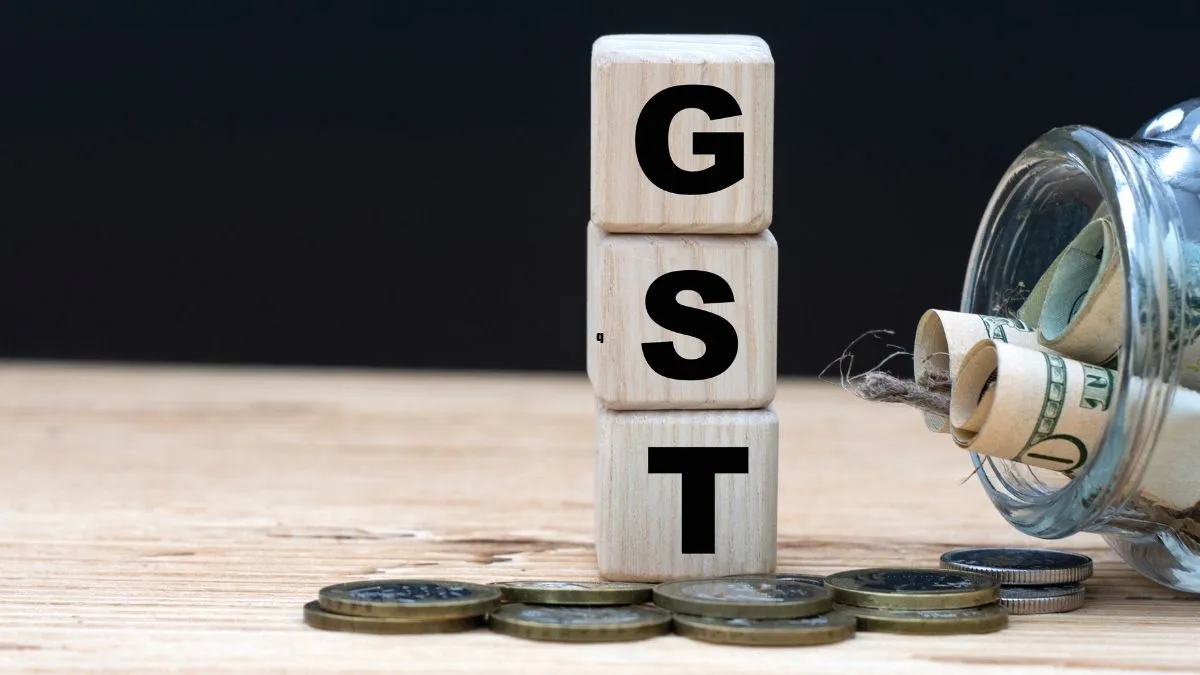- By Shivangi Sharma
- Wed, 03 Sep 2025 11:46 PM (IST)
- Source:JND
In a major overhaul of India’s Goods and Services Tax (GST) structure, the GST Council, chaired by Finance Minister Nirmala Sitharaman, has raised the levy on select “sin goods” and high-tax items to 40 per cent. The move, aimed at discouraging consumption of harmful products while simplifying the overall tax regime, shifts several categories of goods from the earlier 28 per cent slab to the newly introduced 40 per cent rate.
The 40 per cent tax rate will now apply to:
Tobacco and related products: pan masala, gutkha, cigarettes, chewing tobacco (zarda), unmanufactured tobacco, bidi, cigars, cheroots, and cigarillos.
Sugary and caffeinated beverages: aerated drinks containing added sugar, carbonated beverages, caffeinated and fruit-based carbonated drinks, and other flavoured non-alcoholic drinks.
Luxury transport and selected items: certain transport-related goods and imported personal-use articles, with details to be notified under the Harmonised System of Nomenclature (HSN).
Finance Minister Sitharaman clarified that while most goods and services have been streamlined under a two-slab structure, 5 per cent and 18 per cent, this “special rate of 40 per cent” has been carved out specifically for demerit goods.
Rationale Behind The Hike
The government has long considered tobacco and sugary beverages as “sin goods,” given their harmful impact on public health. According to estimates, cigarette consumption alone drains over 1 per cent of India’s GDP through healthcare costs and productivity losses. By increasing taxes on these items, the government aims not only to discourage consumption but also to generate higher revenues for welfare schemes.
“Sin goods typically have inelastic demand. Even if prices rise, people tend to continue consuming them. This makes them an effective revenue-generating category,” said a senior official familiar with the Council’s deliberations.
GST Plus Cess For Tobacco Products
While the 40 per cent GST slab applies broadly, tobacco products and cigarettes will continue under the existing system of 28 per cent GST plus compensation cess until outstanding loans raised under the cess regime are cleared. Cigarettes attract additional duties, with specific cess ranging from Rs 2.1 to Rs 4.2 per stick depending on length, along with an ad valorem duty ranging from 5 per cent to 36 per cent.
Though the move may push retail prices higher, especially for smokers and regular consumers of aerated beverages, analysts expect limited impact on demand due to addiction-driven consumption patterns.

